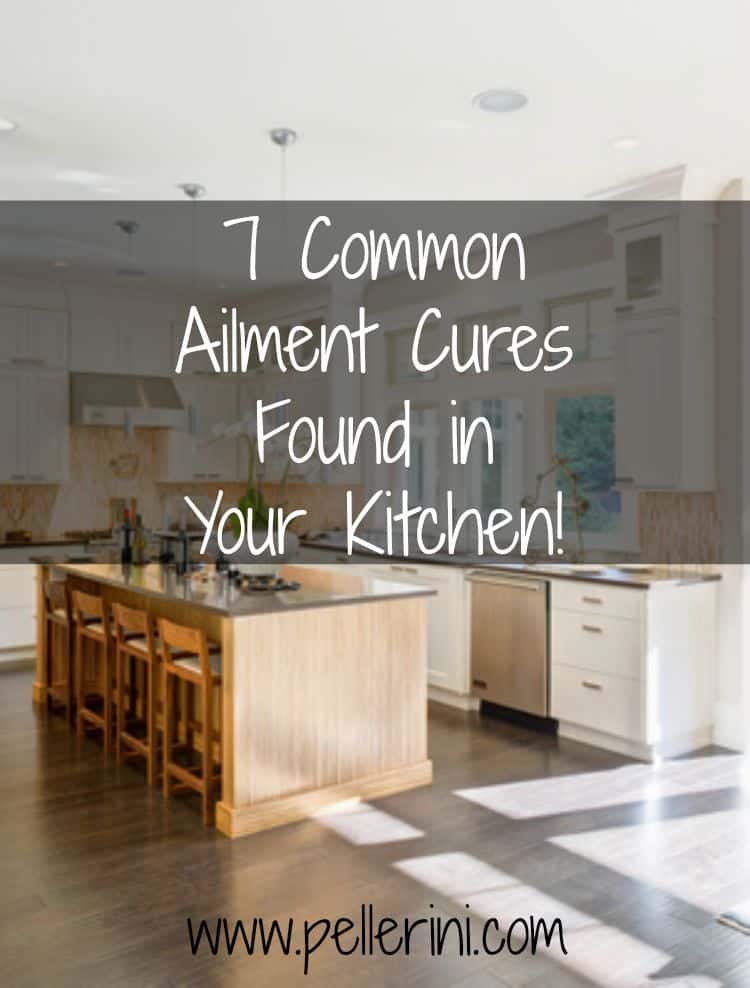
If you’re suffering from alcohol addiction, you may be looking for ways to get help. You might have tried going to recover on your own or getting help from a friend in the past, but these methods aren’t always effective. In fact, if your addiction is severe enough, medication and detox at a Real Deal Sober Living rehab center are probably necessary before you can begin to recover on your own. There are many options available when it comes to recovering from alcoholism, so here are five tips for getting the most out of treatment:
Therapy helps
More than anything else, therapy can help you understand the reasons for your addiction and develop coping mechanisms to handle those triggers. It can also help you find support from other people experiencing similar issues, which can be hugely valuable in recovery.
Therapy can teach you to recognize when your stress levels are rising or if something, in particular, triggers an urge to drink. This is especially true if the root cause of your problem was some kind of trauma or abuse; therapy will help uncover these underlying issues and show you how they relate to alcohol use patterns so that they don’t come up again later on down the road
Medication can help with cravings and withdrawal symptoms
Medication can help with cravings and withdrawal symptoms with addiction in a number of ways.
The first targets the neurotransmitters involved in the reward pathway—the same ones that drugs like cocaine and heroin target. By mimicking these neurotransmitters, medication can help relieve cravings and withdrawal symptoms.
Another way that medication helps is by targeting the brain’s natural opioid system. This system is responsible for regulating pain, mood, and emotions through endorphins naturally produced by the body. Medications like buprenorphine or methadone can help block the effects of heroin, so users won’t feel any high when they take them.
Alcoholics Anonymous can be helpful
Alcoholics Anonymous (AA) is a non-profit organization that offers support groups for people recovering from alcohol addiction. There are over 100,000 AA meetings held each day around the world, and participation in these meetings is free and anonymous.
Because AA is not a treatment program, it does not provide any specific therapy or medication. Many people find that attending meetings helps them cope with their addiction and maintain sobriety; however, others may prefer alternative forms of support, such as inpatient therapy programs or outpatient counseling sessions.
Detox is important but then so is recovery support
You may have heard of the term detox. It is a process where you go to a facility specializing in treating alcohol use disorders, and they help you through withdrawal symptoms so that your body can rid itself of toxins. However, don’t be fooled into thinking this is all there is to recover from alcoholism! Treatment for addiction typically includes more than just detox; it also means learning new coping skills and creating a support network around you so you do not fall back into old habits.
You may need cognitive behavioral therapy
If you have spent a long time struggling with alcohol addiction, you may have developed negative beliefs and thoughts about yourself. These can include things like “I am a failure” or “I will never be good enough.” Cognitive behavioral therapy (CBT) is a type of psychotherapy used to treat various mental health conditions. It is based on the idea that your thoughts, feelings, and behaviors are all connected. CBT can help you to change your thinking patterns so that you can change your behavior.
Conclusion
So, there you have it! Five tips for recovery from alcoholism. It’s not always easy, and can take time to get back on track, but if you stick with it and keep working at it, you will see results.




Leave a Reply